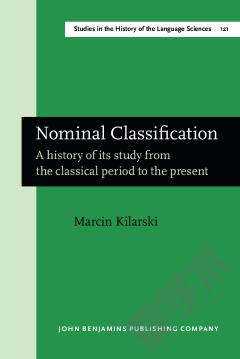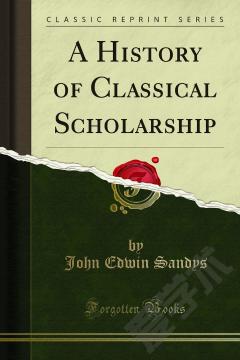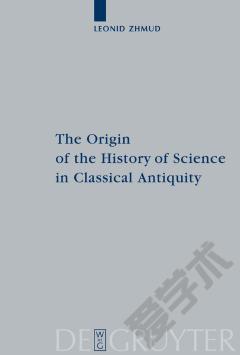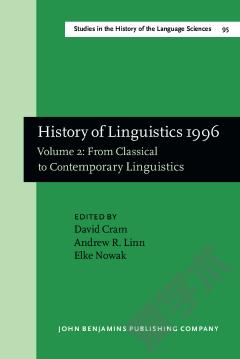Nominal Classification. A history of its study from the classical period to the present.
This book offers the first comprehensive survey of the study of gender and classifiers throughout the history of Western linguistics. Based on an analysis of over 200 genetically and typologically diverse languages, the author shows that these seemingly arbitrary and redundant categories play in fact a central role in the lexicon, grammar and the organization of discourse. As a result, the often contradictory approaches to their functionality and semantic motivation encapsulate the evolving conceptions of such issues as cognitive and cultural correlates of linguistic structure, the diverse functions of grammatical categories, linguistic complexity, agreement phenomena and the interplay between lexicon and grammar. The combination of a typological and historiographic perspective adopted here allows the reader to appreciate the detail and insight of earlier, supposedly ‘prescientific’ accounts in light of the data now available and to examine contemporary discussions in the context of prevailing conceptions in the study of language at different points in its history since antiquity.
{{comment.content}}








 京公网安备 11010802027623号
京公网安备 11010802027623号